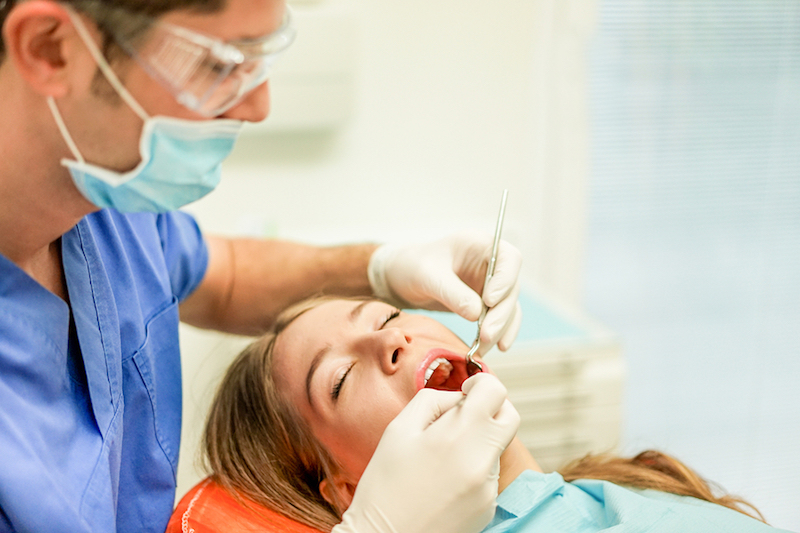 At Your Time Dental Urgent Care, we have been providing urgent care, general, and cosmetic dentistry since 2001. Dentistry is a challenging and fascinating profession; dentists must have diagnostic skills, dexterity, extensive scientific and medical knowledge, and good visual memory. In addition to the technical aspects of dentistry, we really enjoy interacting with my Gibsonton dental patients.
At Your Time Dental Urgent Care, we have been providing urgent care, general, and cosmetic dentistry since 2001. Dentistry is a challenging and fascinating profession; dentists must have diagnostic skills, dexterity, extensive scientific and medical knowledge, and good visual memory. In addition to the technical aspects of dentistry, we really enjoy interacting with my Gibsonton dental patients.
We recognize that our patients have other choices in Tampa area dental practices, and we work continually to earn your trust and surpass your expectations.
Each dental patient is unique. We treat patients with dental emergencies and also have ongoing patients who come in twice-yearly for an exam and cleaning.
Some Lithia patients come seeking major restorative dental work. It is extremely gratifying to complete a smile makeover and see the patient’s reaction when they see their new smile for the first time.
When we have a pre-treatment consultation with a new Apollo Beach patient, it is very informative for both of us. The patient learns the specifics about the possible procedures and we learn about the patient’s goals, concerns, and expectations. Then we work with the patient to develop a dental treatment plan that fits the patient’s needs, desired outcome, and budget.
At Your Time Dental Urgent Care, we work to earn your trust and hope you will consider us for any future dental needs.
Contact Your Time Dental Urgent Care:
813-519-0128
Location (Tap to open in Google Maps):
13145 Kings Lake Drive Ste 105B
Gibsonton, Florida
33534









